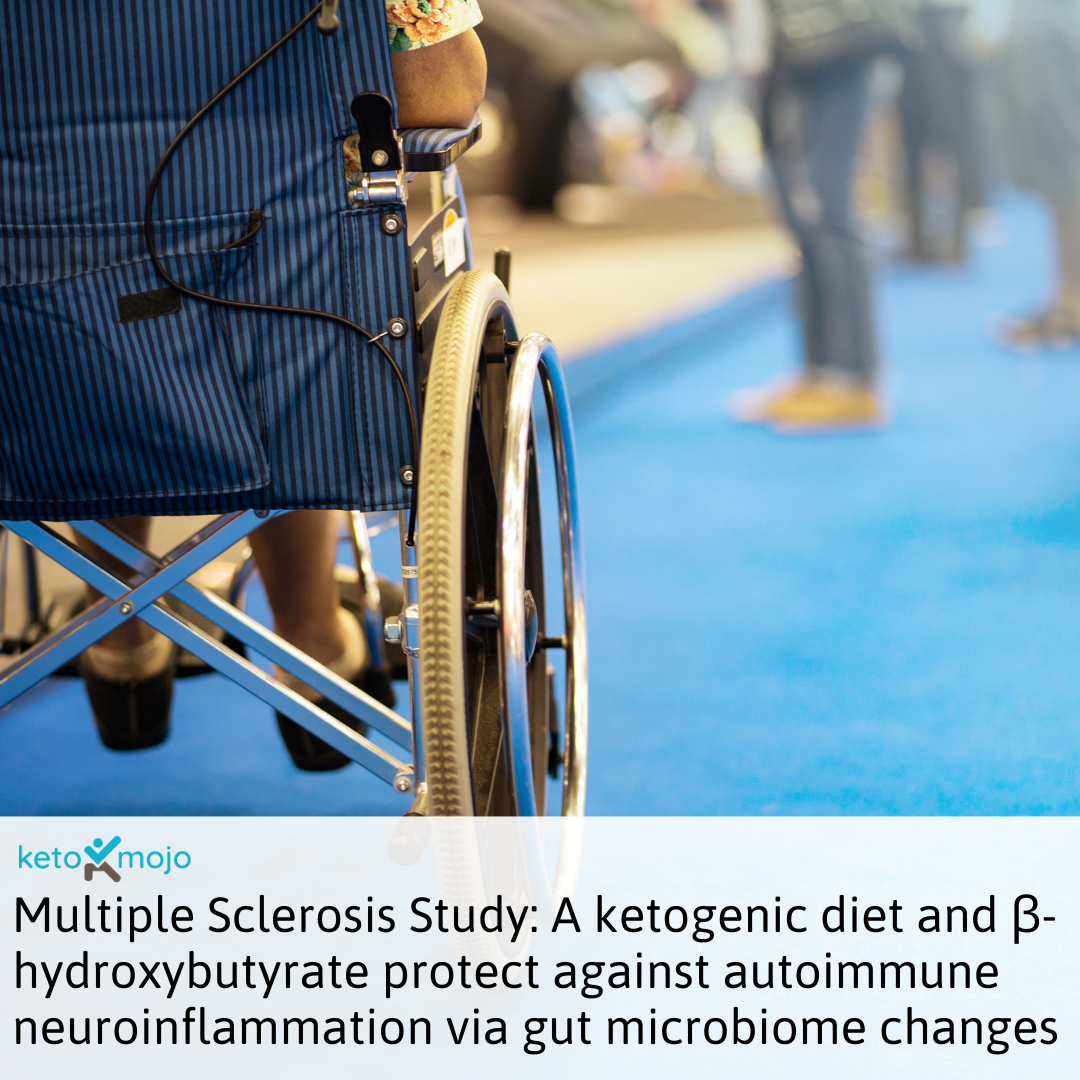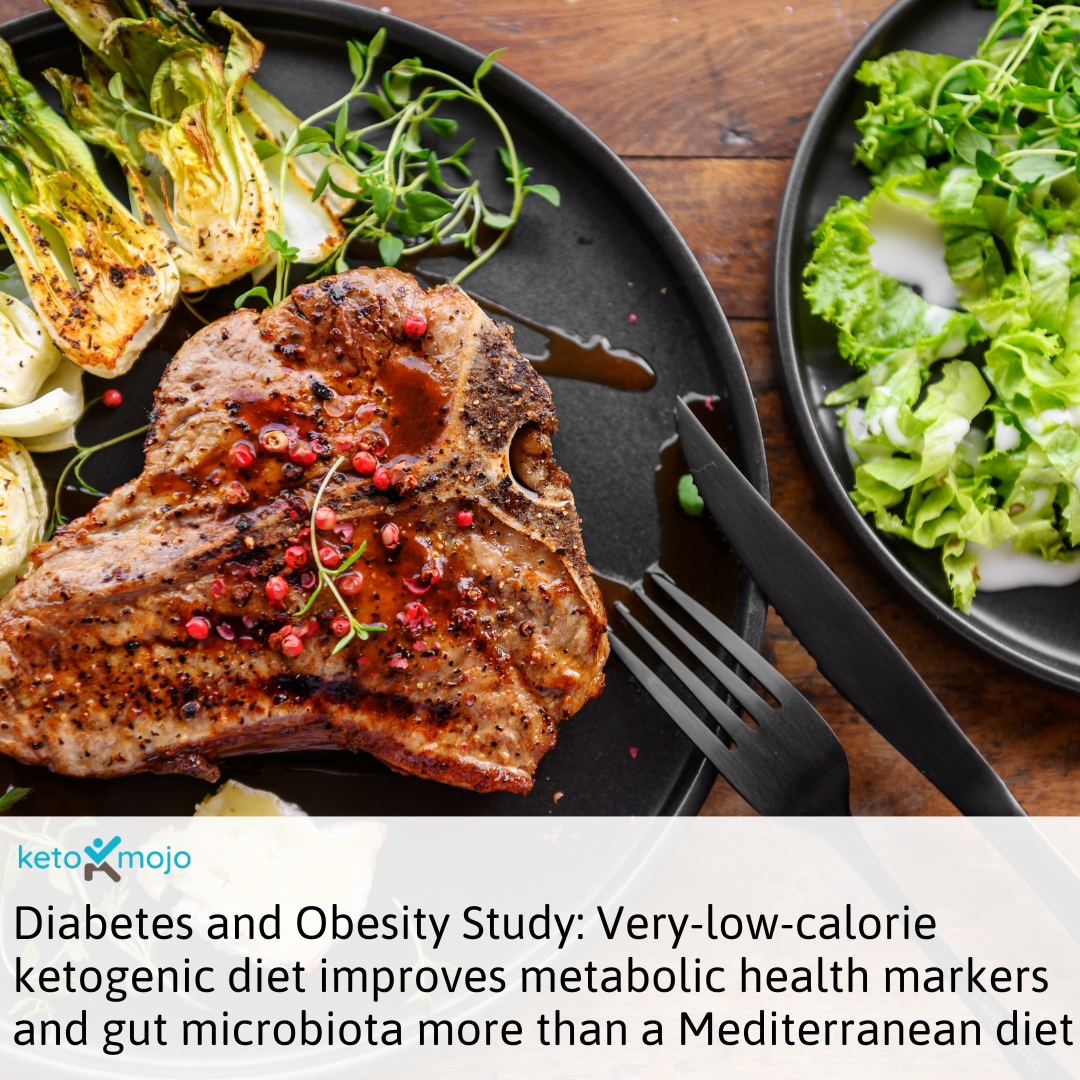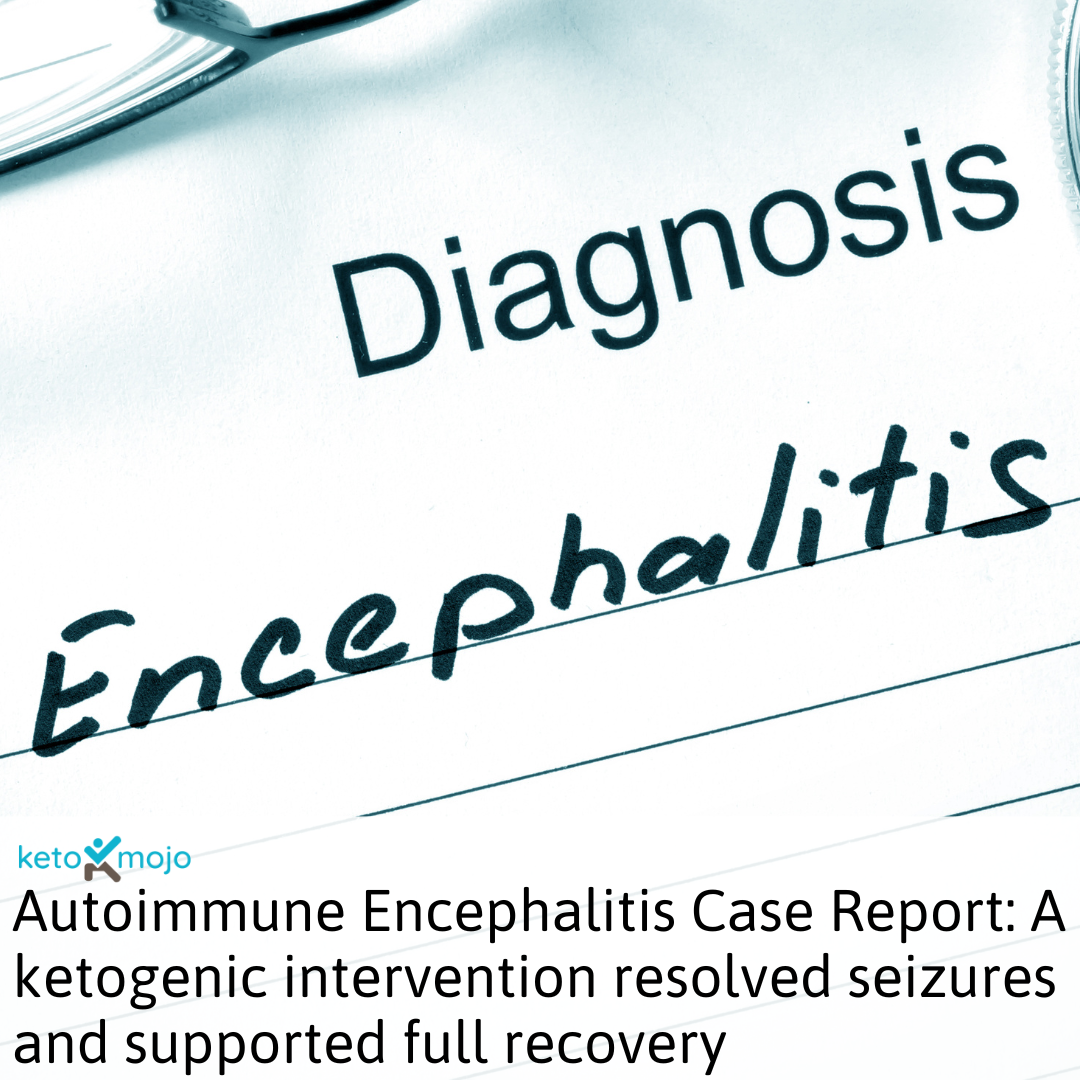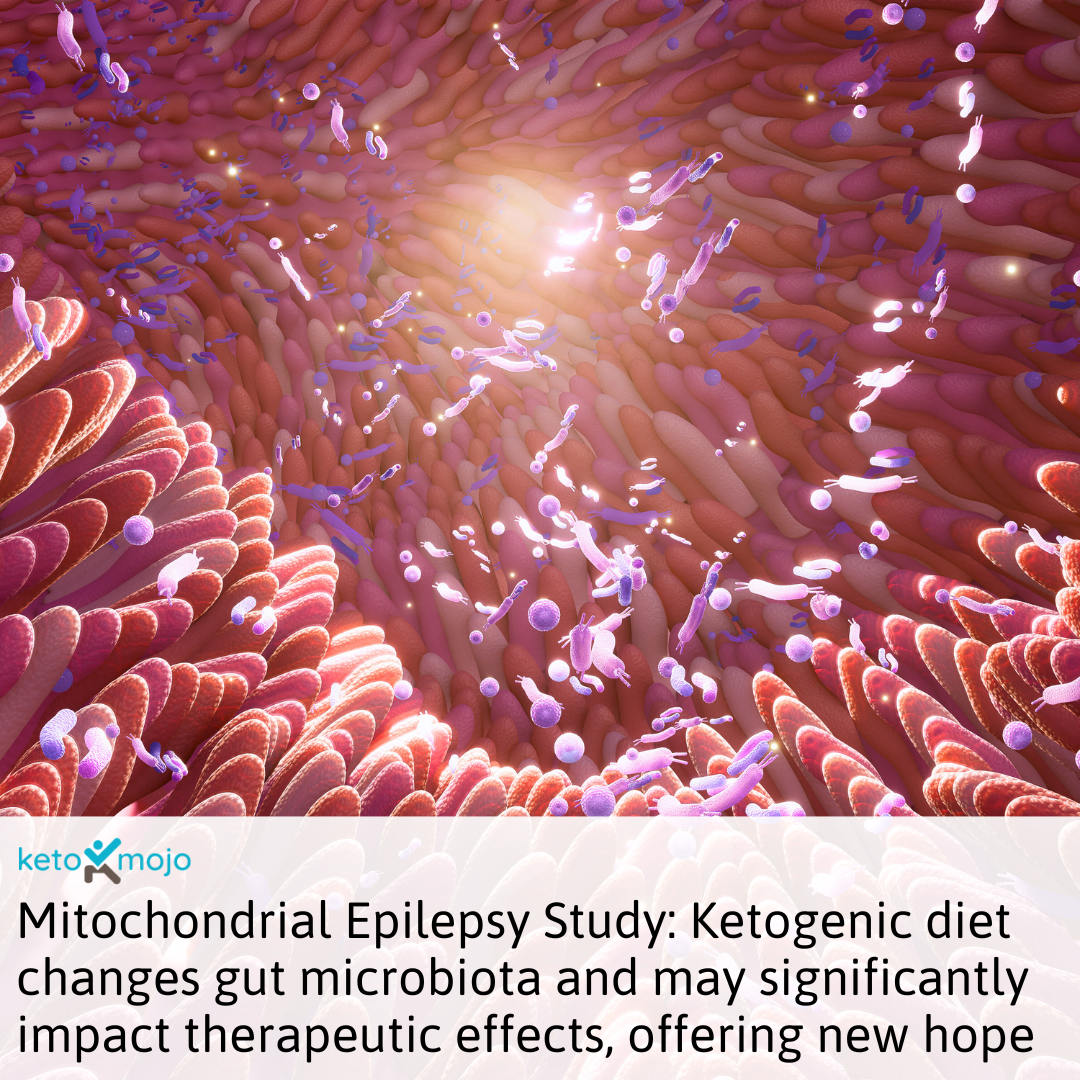Gastrointestinal Health, Neurology, Musculoskeletal, Immunological
A diet-dependent host metabolite shapes the gut microbiota to protect from autoimmunity

Diet plays an influential role in modulating immune responses, and emerging evidence suggests that specific diets can help protect against autoimmune diseases.
This study explored how a ketogenic diet (KD) and its key metabolite, β-hydroxybutyrate (BHB), impact autoimmune neuroinflammation, using a mouse model of multiple sclerosis called experimental autoimmune encephalomyelitis (EAE).
Mice on a KD or supplemented with BHB were monitored for changes in disease severity, gut microbiota composition, and immune markers. Transgenic mice that could not produce BHB in the gut were also included.
Key Findings:
- BHB and Disease Protection: Both KD and BHB supplementation significantly reduced the severity of EAE symptoms. Mice unable to produce BHB in the gut exhibited worsened disease, highlighting BHB’s central role in mediating disease protection.
- Gut Microbiome Shifts: KD and BHB supplementation produced beneficial shifts in gut microbiota, notably increasing protective Lactobacillus populations.
- Immunomodulatory Effects: Certain Lactobacillus metabolites, especially indole lactate (ILA) produced in response to BHB, were shown to reduce the activation of pro-inflammatory T helper 17 (Th17) cells, which were shown to be linked to multiple sclerosis.
- Therapeutic Potential of BHB and Probiotics: Transplanting BHB-altered microbiota provided similar protection to KD, suggesting that BHB or probiotics stimulated by BHB may offer therapeutic benefits.
In summary, this study shows that BHB, a ketosis-associated metabolite, can modulate the gut microbiome to protect against autoimmune neuroinflammation. Targeting metabolites like BHB and ILA offers a potential strategy for leveraging diet-microbiome interactions to enhance immune health and reduce neuroinflammatory symptoms in autoimmune conditions like multiple sclerosis.






